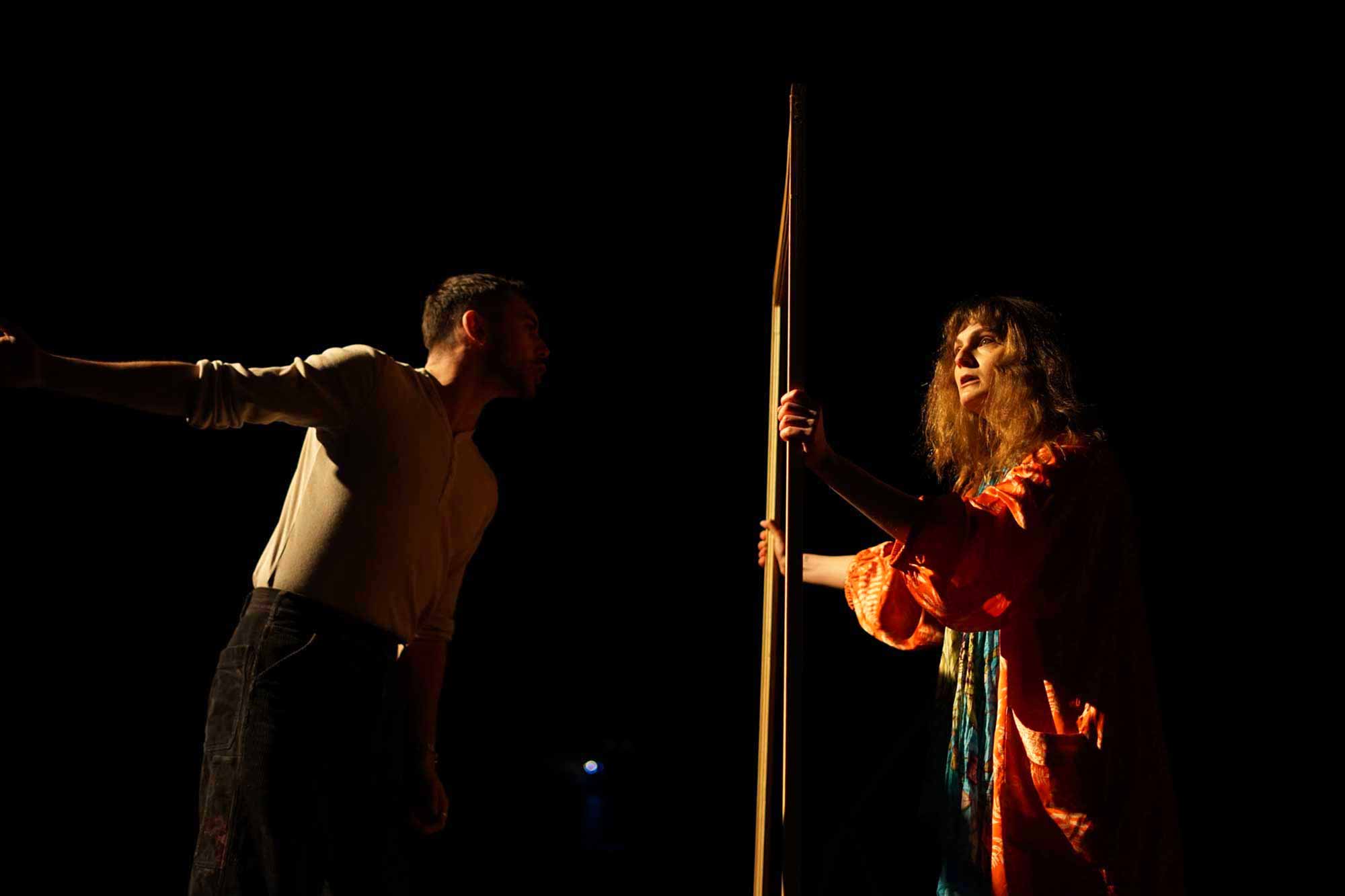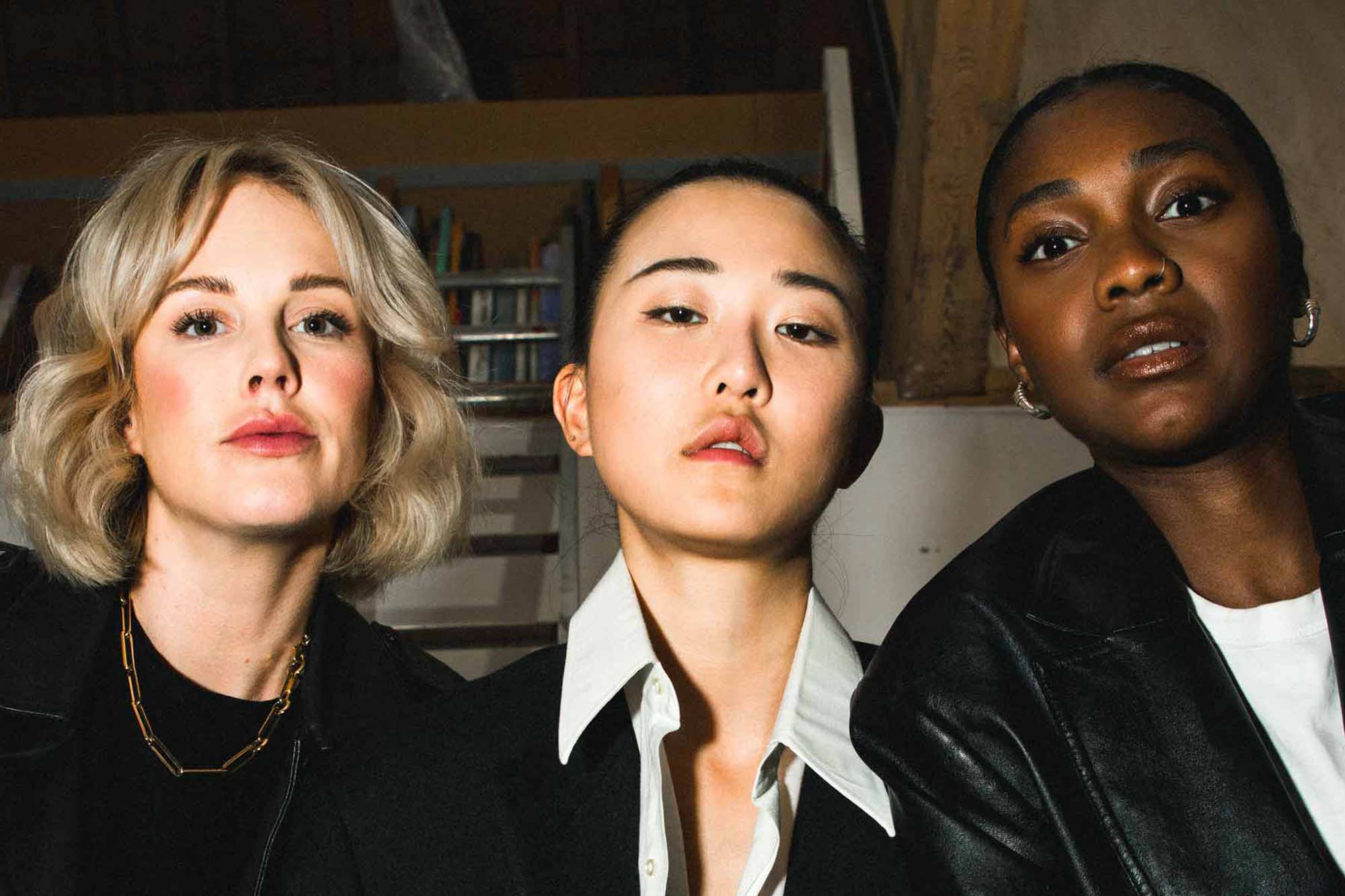Throughout the creation of Artist/Muse, one theme emerged: the collective result was always better than our individual ideas.
Diana Feng, Clarisse Zamba, and I embarked on a journey to co-write a play based on Diana’s idea to tell the true story of Fernande Olivier, an artist and muse mostly known for her relationship with Picasso.
Months before, we’d co-founded The Wednesday Women’s Writing Collective (WWWC for short), a non-hierarchical creative collective of women and femmes dedicated to fostering creativity and uplifting marginalised voices. After meeting in the MA Acting programme at the Royal Central School of Speech and Drama, a small but diverse, unique but like-minded group of us forged ahead to create a collective that would stimulate our creativity as artists, maintain our momentum post-graduation, and generate paid work so we could sustain ourselves and build a rewarding artistic practice. We’ve since absorbed new collaborators and co-conspirators from creative corners around London, all united in the desire to create bold new work that invigorates and disrupts. Our founding members (Diana, Clarisse, Aleeza Humranwala, Mary McGurk, Jennifer Thornton, and myself) meet weekly to share what we’re working on, stretch ourselves creatively, and support one another as we develop our voices and deepen our faith in the value of what we have to say.

Co-writing Artist/Muse was a scramble at first—we applied to the 2023 LET Awards for a sponsored spot at the Edinburgh Fringe without actually having written the play, and wound up being shortlisted as one of ten companies to perform at the showcase a month later—but we soon found our groove.
In the crucible of deadline and necessity wrought by our own reckless abandon (and tragic underestimation of our idea’s appeal), our unique co-creation process was forged. Without giving too much away, it combines elements of individual authorship, compromise, and collaborative writing. Diana sketched a detailed outline of the play based on her research into Olivier, and we wrote it scene by scene. Individually at first, then we’d meld our three versions of the scene together in a process we lovingly refer to as “smooshing.” The best bits of each of our writing survive, and we work cooperatively to smooth the patchwork dialogue and stage directions into a stylistically and thematically cohesive scene that serves the needs of the piece as a whole. Sometimes this happens over brunch. Sometimes this happens over Zoom. Sometimes a large scene is finalised in a single session, and sometimes it takes us weeks to arrive at the final version of a short monologue. Always, though, it winds up being far better than what we came up with as individuals.
Writing a play is a daunting task, especially if you have never done it before and especially if you have not had your ideas or skills as a writer encouraged. For a number of us in WWWC, the first time we really wrote something for the stage was during school when members of Wildcard Theatre mentored us in the creation of ten minute solo pieces. Writing together provided a degree of accountability for Diana, Clarisse and I, but most importantly, it provided a safe space where we could give and receive consistent feedback and encouragement and challenge ourselves to grow.
Given our fluctuating capacities (thanks to the late capitalist hellscape we live in, all of us also hold down day jobs or chase contract work or run side hustles or juggle all of the above in order to survive), collectively co-creating Artist/Muse offered us a chance to sustainably write (and then produce and direct) without burning out or giving up.
The great irony is that art is essential to our survival, yet artists these days cannot survive. Most of us hold multiple “day jobs” in order to cope with the cost of living crisis and skyrocketing inflation. This, in turn, inhibits our ability to create; in addition to the logistics of scheduling, restrictions on time off, and lack of flexibility or compassion from the businesses that employ us, the drudgery of these day jobs and existential decay that comes from being parted from our true calling leaves us with very little left to give. It is also not often financially feasible for us to create. Writing, acting, producing, directing, and creating theatre has become cost prohibitive, and marginalised creators who already face multiple barriers to participating in the arts are pushed further to the margins.
Collective co-creation offers a lifeline; creating with a multitude of people–be it 2 or 20–ensures you can participate, contribute, collaborate, conspire, and keep that vital spark inside you alive. It’s a sustainable model for theatre and for new writing especially–with others there to lend a hand and pitch in as capacities fluctuate, projects can reach maturity instead of dying on the vine. It may take longer, but isn’t that kind of the point? Time constraints and the drive to make, make, make are tied to the capitalist imperative to produce for profit. Instead of writing as an individual, locked in your silo with the limits of your own knowledge and experience, you can take the very best of what you have and weave it with the very best of others to create a beautiful tapestry–be it a piece of theatre, dance, music, writing, visual art, or multimedia sensory experience–that is better by far than anything you could have created alone.
I hope you try collective co-creation. I hope you get to experience writing a play with your best friends. I hope in building a show you also build a community. And I hope you go far together.
Tegan Verheul is a founding member of WWWC. Their show Artist/Muse is playing at Omnibus Theatre 16-17 & 19 July as part of our Edinburgh Previews – tickets available here.
_____________________________________________________________
Artist/Muse is also running this summer at Edinburgh Fringe 3-28 August at Assembly George Square Studios. Book here.
www.omnibus-clapham.org/artist-muse
Twitter: @WWWC_uk
IG: @weeklywomenswritingcollective
www.wwwc.uk




